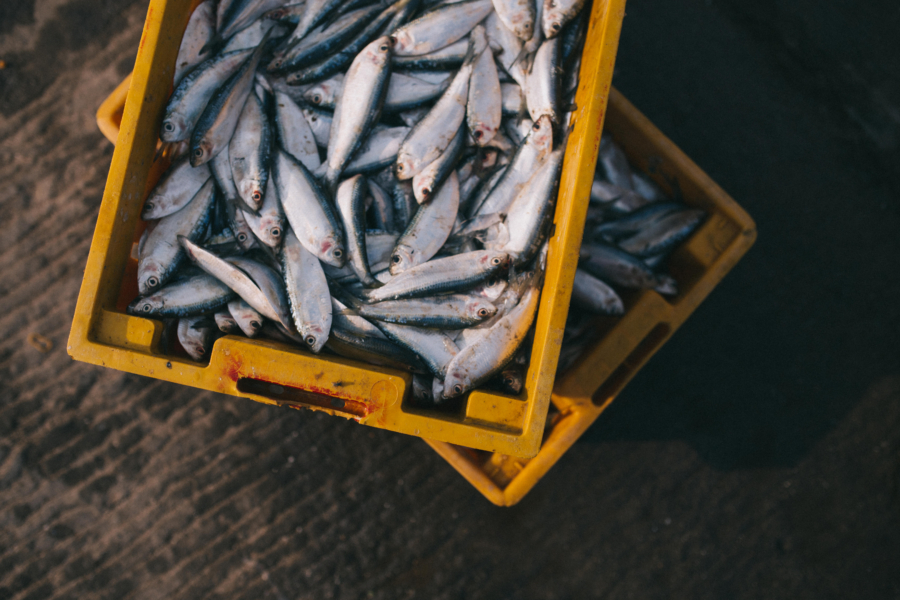Transparency International EU has just launched a new project* looking at the transparency and accountability of decision-making in the Council of Ministers. To do that we will be taking the case study of the upcoming negotiations on fishing quotas for 2017.
The decision-making process of the Council remains a blind spot in the EU legislative process. As underlined by recent in-depth studies conducted by TI EU, the Council, out of the three core EU institutions, remains the most opaque in regards to transparency, integrity and accountability (European Union Integrity System 2014, Lobbying in Europe 2015). TI EU and other advocacy groups have repeatedly urged the Council to follow the other EU institutions in reforming internal rules to allow public scrutiny, especially with regards to legislative and lobbying transparency.
The Council is currently the only core EU institution that does not participate in the EU Transparency Register, despite being a routine target for corporate lobbyists and other interests. Moreover, little is known about concrete positions supported by member states in EU negotiations. This is particularly true for negotiations below ministerial level, such as in Working Party or COREPER meetings, as well as the informal negotiations between the three EU institutions, known as Trilogues.
In its role as co-legislator the Council is responsible for all EU legislation affecting the daily life of millions of EU citizens. In times of markedly declining public trust in the EU institutions, with many citizens fearing that decisions taken behind closed doors are not in their best interest, perceived secrecy undermines support for the EU project. Opaque Council negotiations are of course not the only problem here, but making them more transparent and showing clear links between decision-makers and their decisions can contribute to regaining some of the lost trust.
The experience of the EU Parliament, the other EU co-legislator successfully operating under stronger transparency provisions. has proven the feasibility of many of these demands in practice. Most of the meetings in preparatory stages at committee level are web-streamed, and detailed minutes and voting records allow the public to see which Member of Parliament advocates which policies. The Council would not venture into uncharted territory. It would on the contrary simply follow what other institutions have been doing for years.
It is time to take a closer look at how to improve the transparency and integrity of Council decision-making.
That is why we have just launched a new project with a particular focus on Council transparency. In light of the upcoming negotiations on fishing quotas for 2017, TI EU will take a fresh look at member states’ positions to increased transparency around Council negotiations in general, and with decisions about fishing limits in particular. Council decisions in the realm of fisheries present an ideal case study, as fisheries resources belong to the public and should be managed in the public interest. Several NGOs have repeatedly voiced concern that previous EU Councils have set fishing limits above scientifically advised levels leading to over exploitation and negative economic, social and environmental effects.
As part of this project, an online survey will be circulated among EU Permanent Representations to collect feedback on their views and to provide evidence for a case study on the EU Council decision-making process in the field of the Common Fisheries Policy. Preliminary findings will be published on the TI EU website, with a final report scheduled for September 2016.



